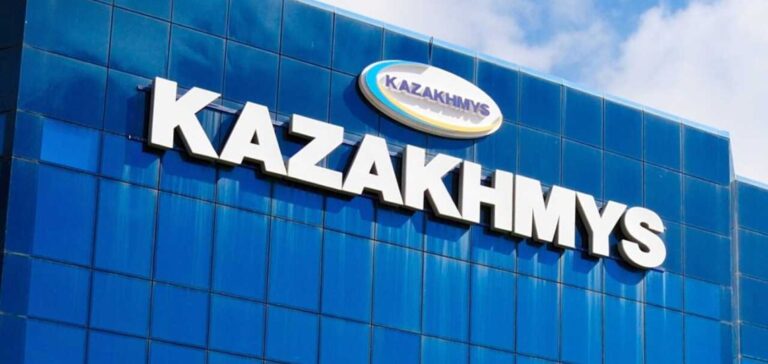Kazakhmys, the largest copper producer in Kazakhstan, announced the partial suspension of its mining operations due to several fatal accidents in recent weeks. According to a statement from the company, the decision follows the death of eight workers in one month, an event that has raised growing concerns about working conditions and safety at production sites. The company clarified that a detailed inspection of the facilities would be conducted before operations resume, but no specific date was given for the resumption of activities.
The suspensions mainly affect sites deemed potentially hazardous. However, Kazakhmys has not provided details on the extent of the impact of this suspension on copper production or which specific sites are involved. The company stated that once the inspections are completed and safety violations corrected, production would resume, provided safety standards are met.
The latest accident, which occurred recently, claimed the life of another miner, bringing the total number of fatalities to eight within one month. This fatality follows an accident in February that had already claimed the lives of seven workers. These incidents have prompted authorities to scrutinize safety practices more strictly in the country and question companies about their investments in worker protection.
Reactions from Kazakh authorities and pressure on Kazakhmys
Kazakh authorities have expressed strong concerns following these accidents. The President of Kazakhstan, Kassym-Jomart Tokayev, described the situation in the mines as “unacceptable” and called on companies to increase investments in worker safety. Mining companies, including Kazakhmys, have been urged to take immediate action to prevent further accidents.
In November 2023, another dramatic incident occurred at an ArcelorMittal coal mine, resulting in 46 fatalities, which led the steel group to leave Kazakhstan under pressure from authorities. These events have intensified concerns about risk management in the mining sector, particularly in a country rich in natural resources but facing challenges in occupational safety.
Impact on copper production and short-term outlook
Kazakhmys, which is the 20th largest global producer of copper concentrate and the 12th largest producer of blister and cathodic copper, did not specify the impact of these stoppages on its production. However, the company indicated that a detailed plan of the ongoing stoppages would be put in place to minimize disruptions. The company remains committed to resuming production as soon as inspections have revealed and addressed safety issues.
The Kazakh mining sector, already under pressure following the ArcelorMittal incident, may face new, stricter regulations. Authorities are expected to tighten safety requirements, which could influence the operational costs of copper and other mineral producers in the country. The Kazakhmys incident highlights the challenges of maintaining high safety standards in a sector where risks are pervasive, especially in the remote regions of Kazakhstan.






















